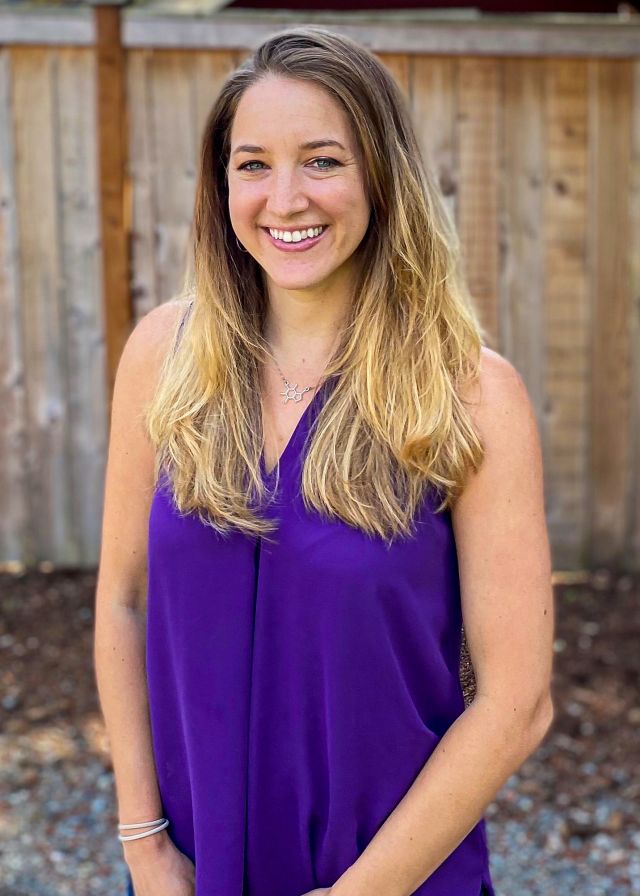Elizabeth Nance, Ph.D. Associate Professor, University of Washington, Integrating Data Sciences into Nanomedicine and Neuroscience Focused Research

Seminar (In-Person + Zoom)
This BIOE 225 Seminar will be hosted in person as well as online via Zoom. RSVP to receive the zoom link by emailing info@bioengineering.ucsb.edu.
Zoom will open after the host has joined at the start of each seminar. You can ask questions through the chat forum and by raising your "hand" and the speaker will call on you.
Speaker:
Elizabeth Nance, Ph.D.
Associate Professor
Department of Chemical Engineering, Radiology, and Bioengineering
University of Washington
Faculty Host
TBA
Integrating Data Sciences into Nanomedicine and Neuroscience Focused Research
Abstract:
The brain is our most complex organ and governs all physiological function, from cognition and emotion to movement and stress response. Much of the brain’s function is determined by complex interactions of cells within the brain parenchyma, the functional unit of brain tissue critical for supporting and protecting cells. Investigating this relationship is challenging: organization of the extracellular matrix and properties of the brain parenchyma vary throughout development and across different brain regions, motivating the need for platforms that provide access to multiple brain regions at different stages of development. In vivo imaging modalities are limited in spatial and temporal resolution and do not reach deep brain regions. Many models are also not easily tunable or scalable to account for both biological factors such as age and sex in addition to modality of injury or etiology of disease. To address these challenges, we have developed an experimental and data science framework to investigate cellular and microstructural changes in the brain parenchyma using a combination of in vivo and organotypic whole hemisphere slice models.
In this talk, we will focus on two applications of our framework: (1) the integration of data science and machine learning tools to predict nanoparticle interactions and biological features of the brain, and (2) the application of a non-destructive, data science pipeline that captures cellular morphological heterogeneity to predict therapeutic outcome. We will first show our application of multiple particle tracking (MPT) to probe and predict nanoparticle behavior and biological function in the living brain parenchyma. We will next show our imaging analysis approach to quantify cell morphology from fluorescent images at the individual and population level. Our methods are intentionally designed to be disease model and species agnostic. Our longer-term efforts aim to move us one step closer to predicting whether the responses to injury, disease, or treatment that we see in the brain microenvironment reflect compensatory, reparative, or pathological processes, which can inform our understanding of disease onset, progression, and treatment intervention.
Bio:
Dr. Elizabeth Nance joined the University of Washington in September 2015, and is currently the Jagjeet and Janice Bindra Career Development Endowed Associate Professor in Chemical Engineering, Associate Professor of Bioengineering, and adjunct professor in Radiology and the eScience Institute. She also serves as the Associate Chair for Undergraduate Studies in Chemical Engineering. Elizabeth received her B.S. in Chemical Engineering from NC State University, and her Ph.D. from Johns Hopkins University in Chemical & Biomolecular Engineering with Dr. Justin Hanes, with a focus on developing nanomedicine for treating brain cancer. She then completed a postdoc with Dr. Sujatha Kannan in Anesthesiology and Critical Care Medicine at Johns Hopkins School of Medicine, with a research emphasis in neuroscience, neonatal brain disease, and animal model development. Elizabeth is an active collaborator in the neuroscience, neurology, and pediatric fields and an advocate for engineers to bring their expertise to technology development for neonatal and pediatric populations. She serves as the interim Editor in Chief for Bioengineering & Translational Medicine. She is a recipient of the Presidential Early Career Achievement in Science & Engineering (PECASE) award, the UW Undergraduate Research Mentor Award, given to 4 faculty across the three UW campuses, an NIGMS R35 MIRA award and the Burroughs Welcome Career Award. Her lab is grateful for additional funding support from NSF, NICHD, DoD, Microsoft Azure, and the Seattle Medical Foundation.